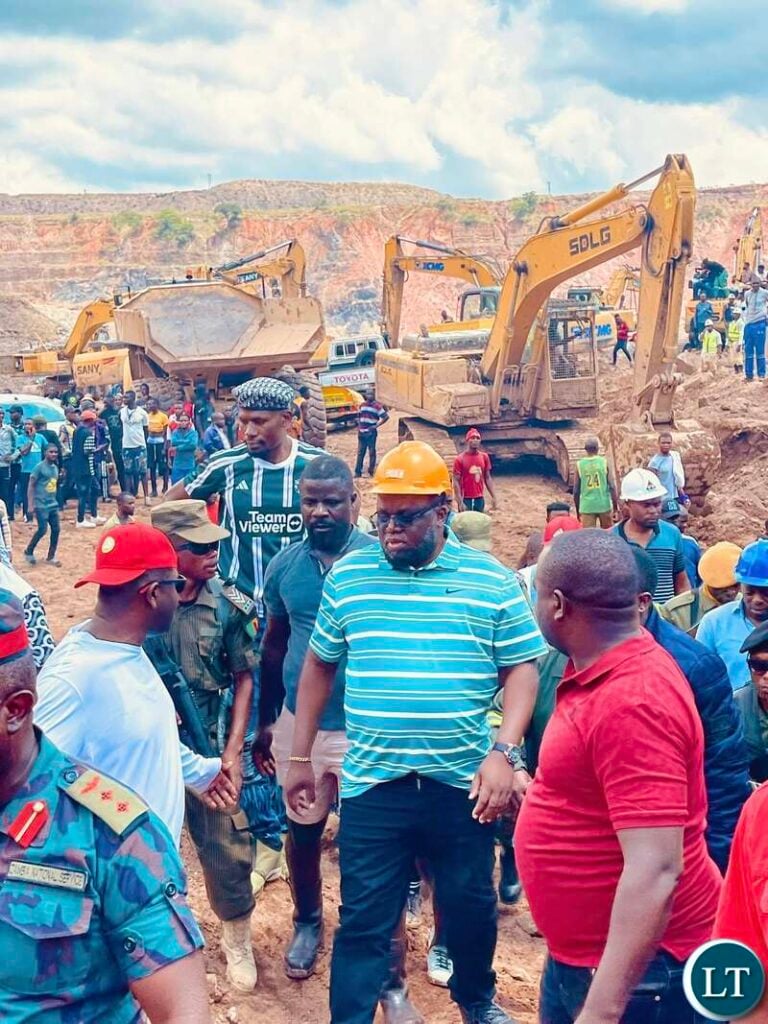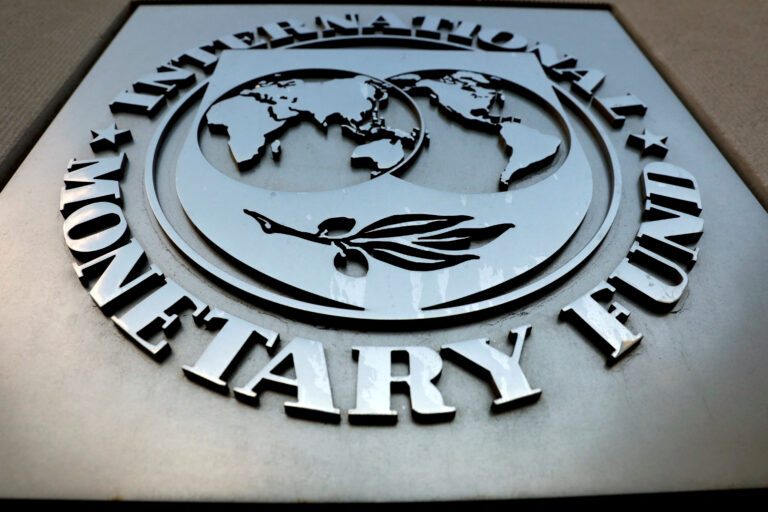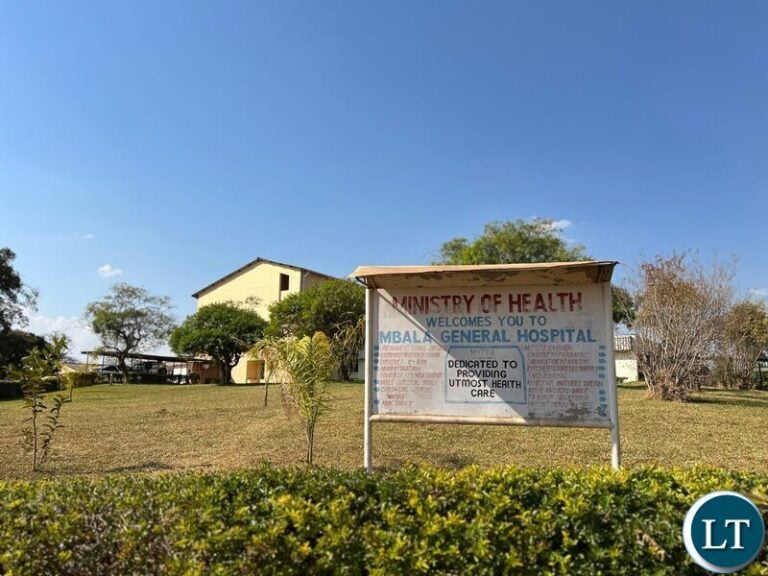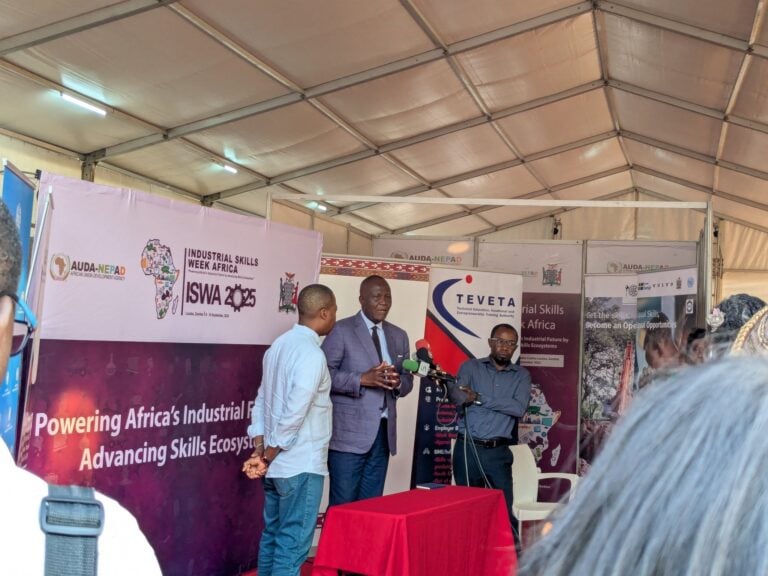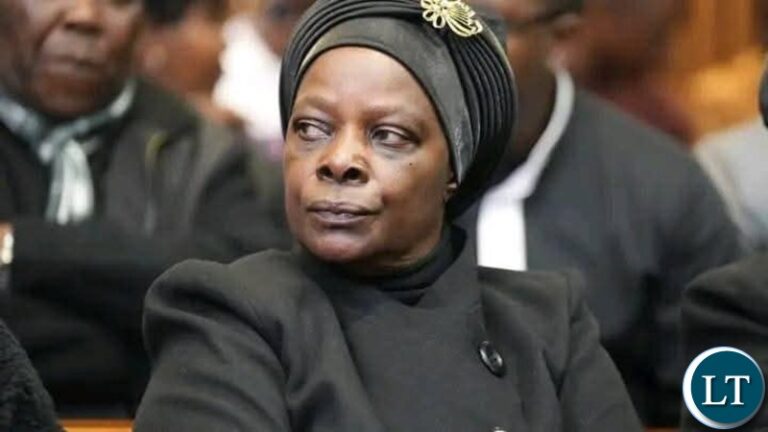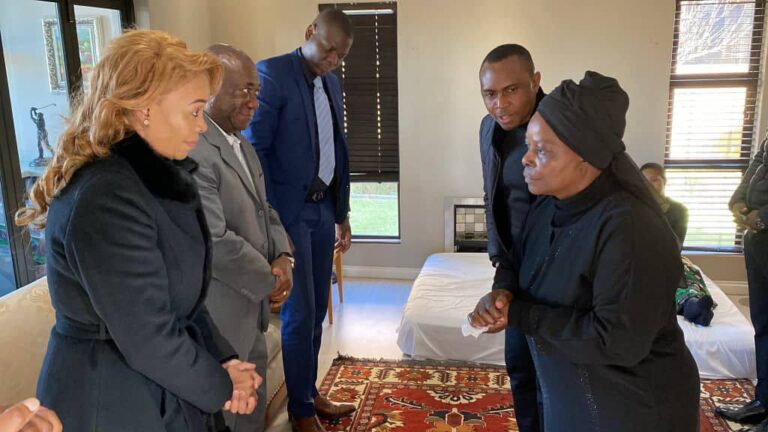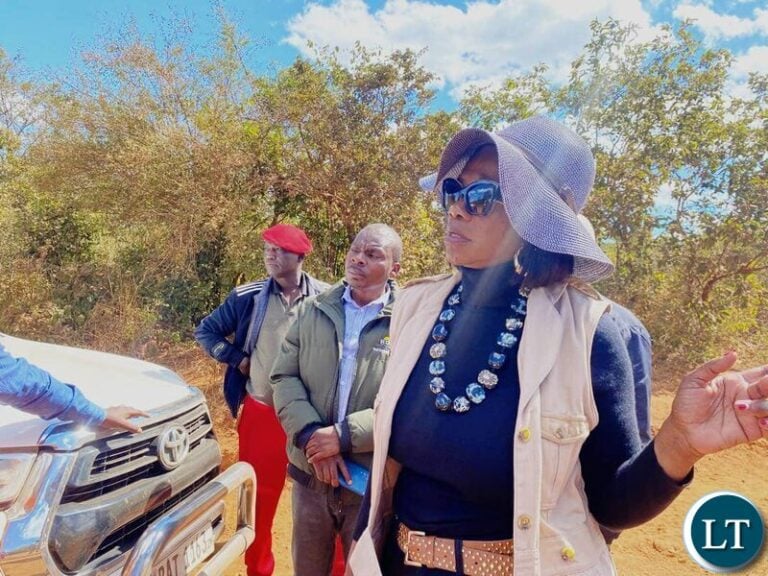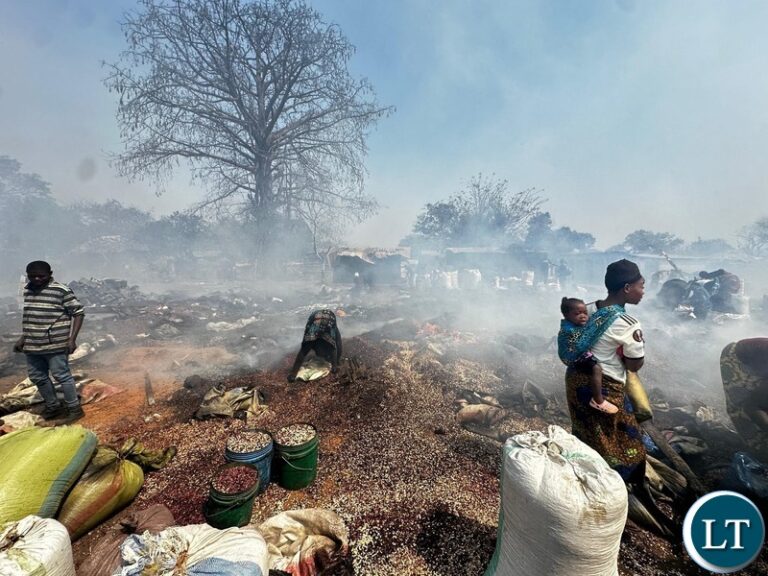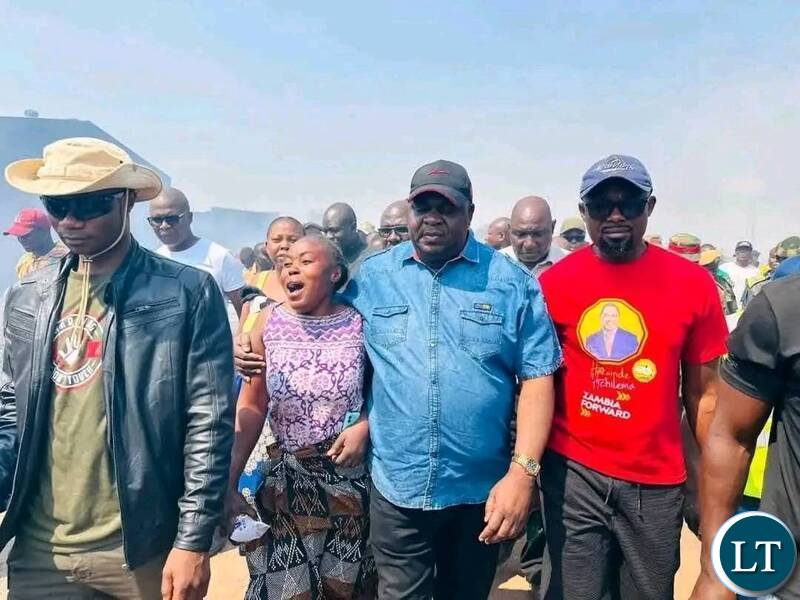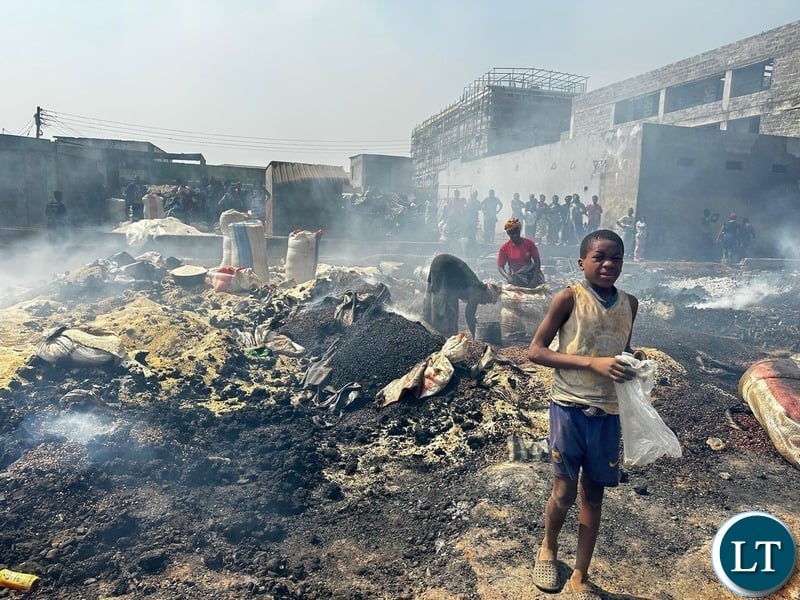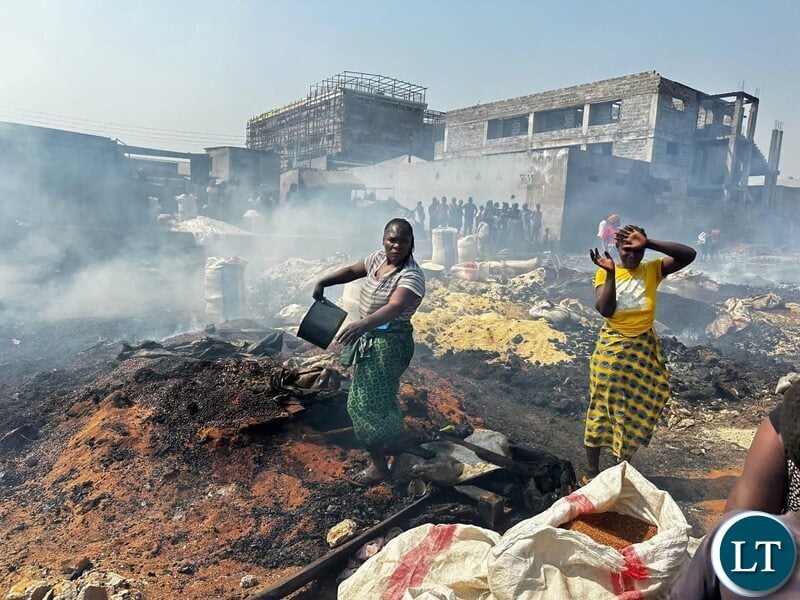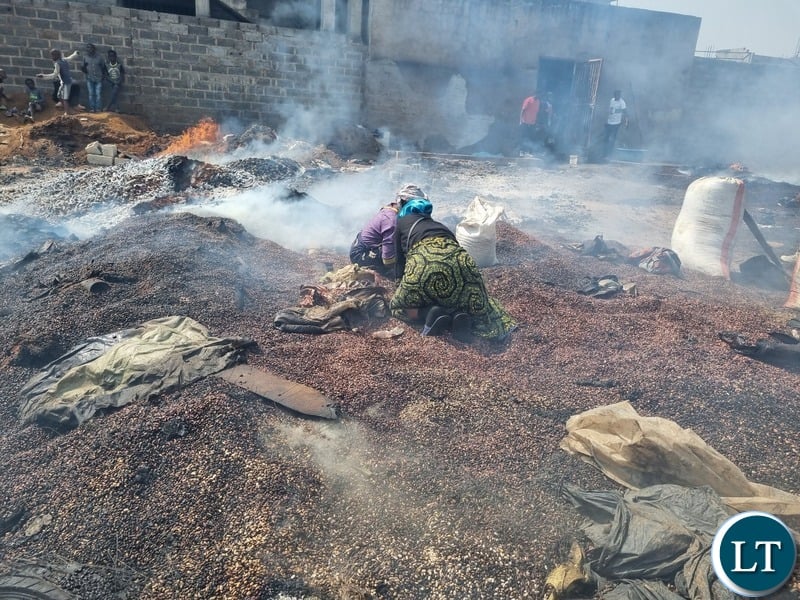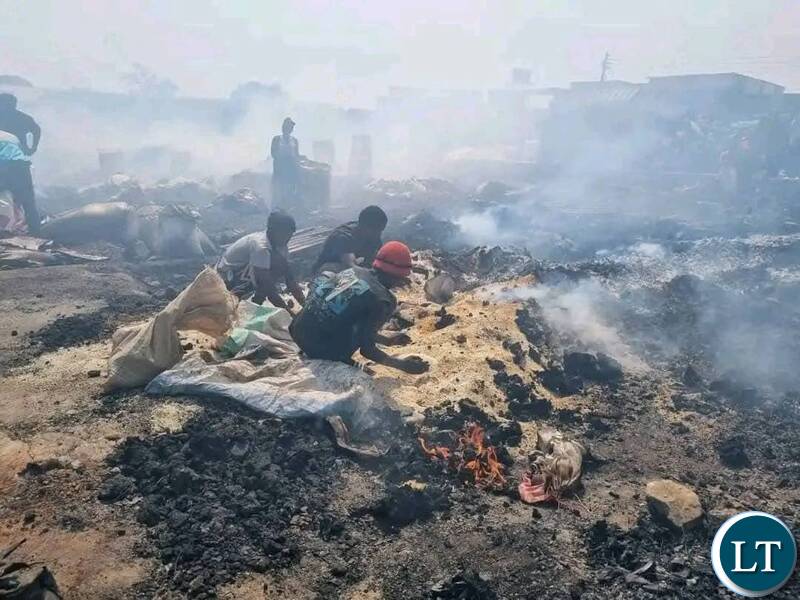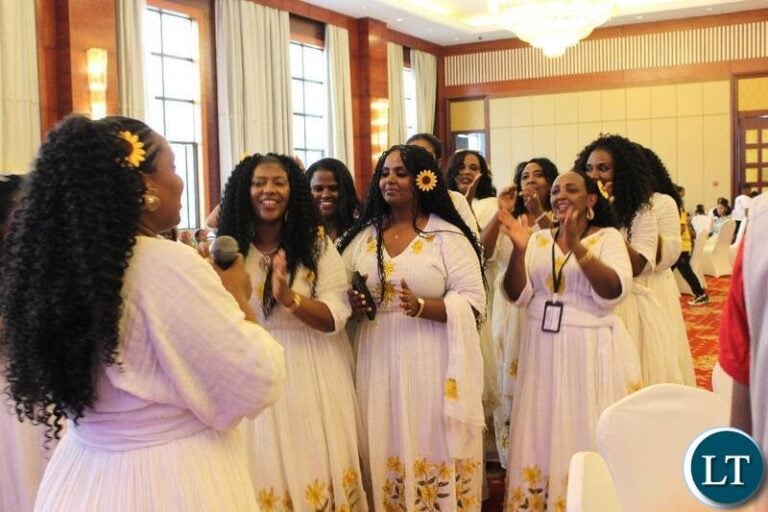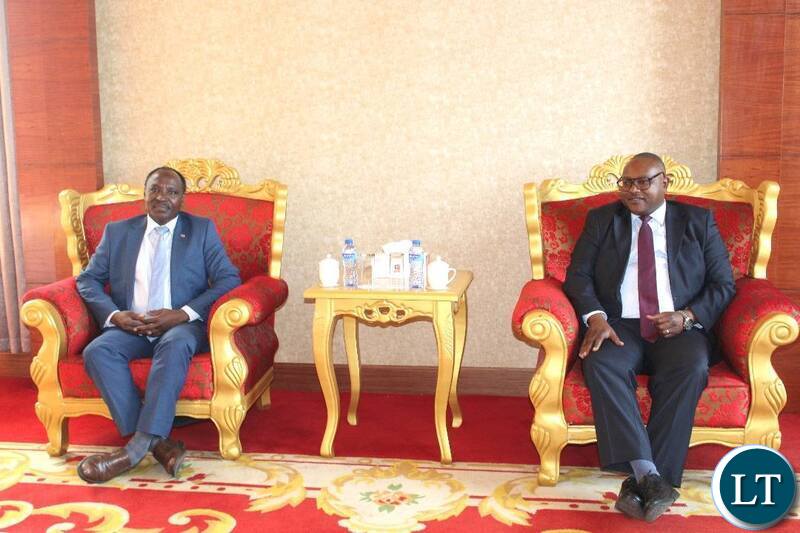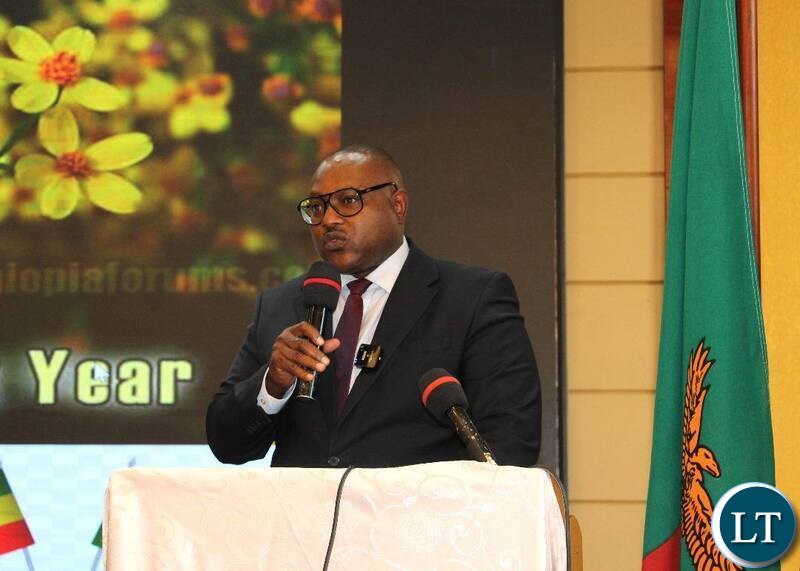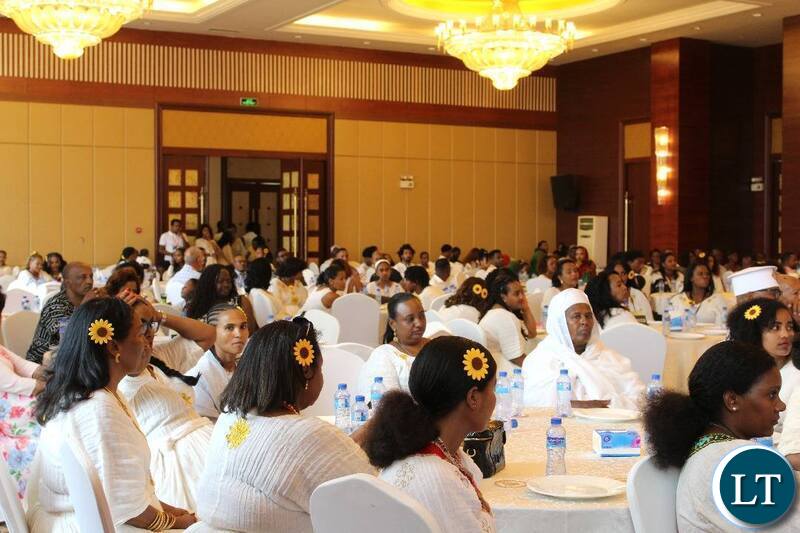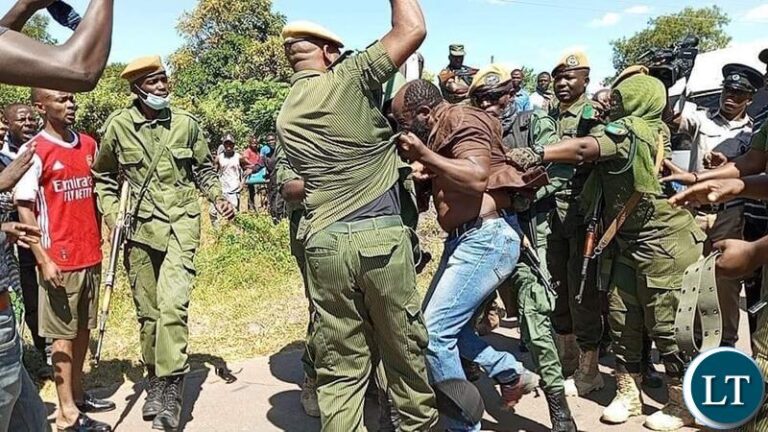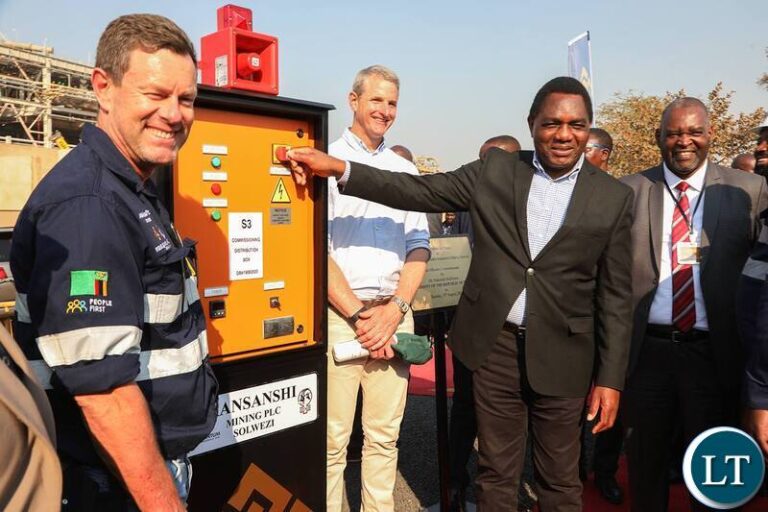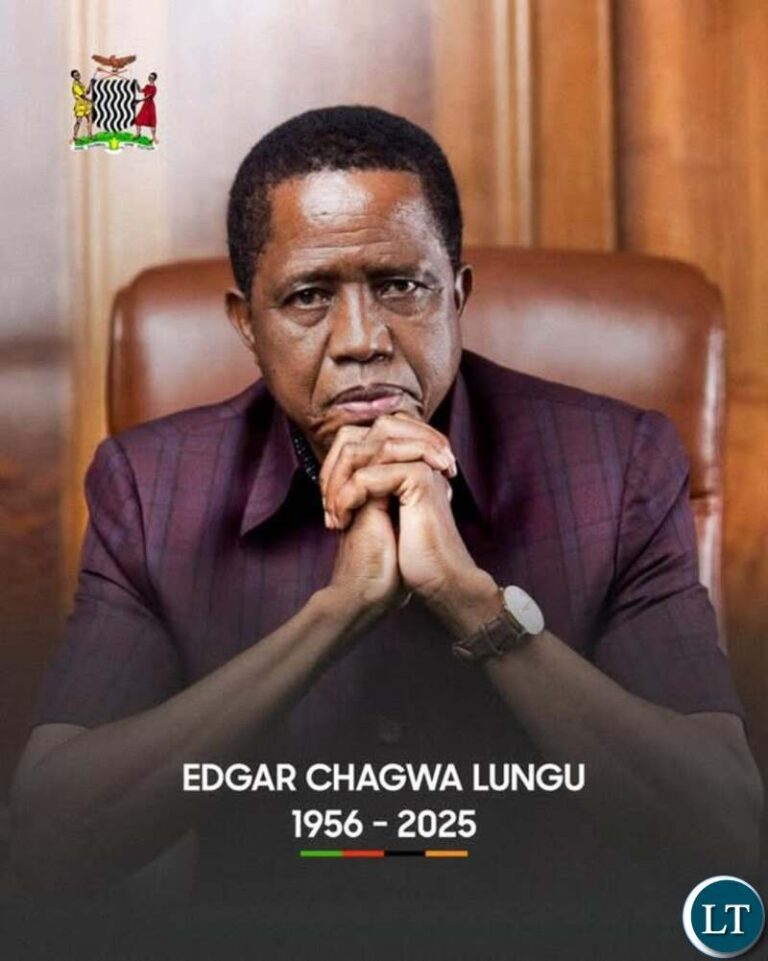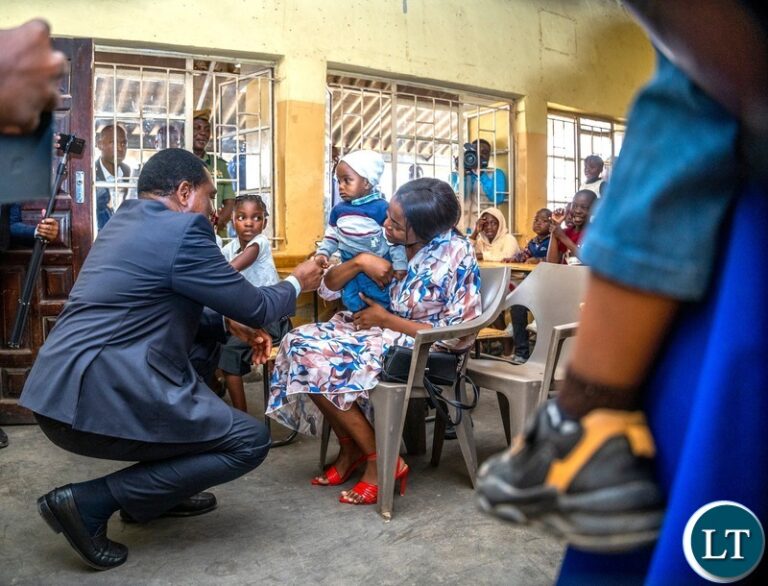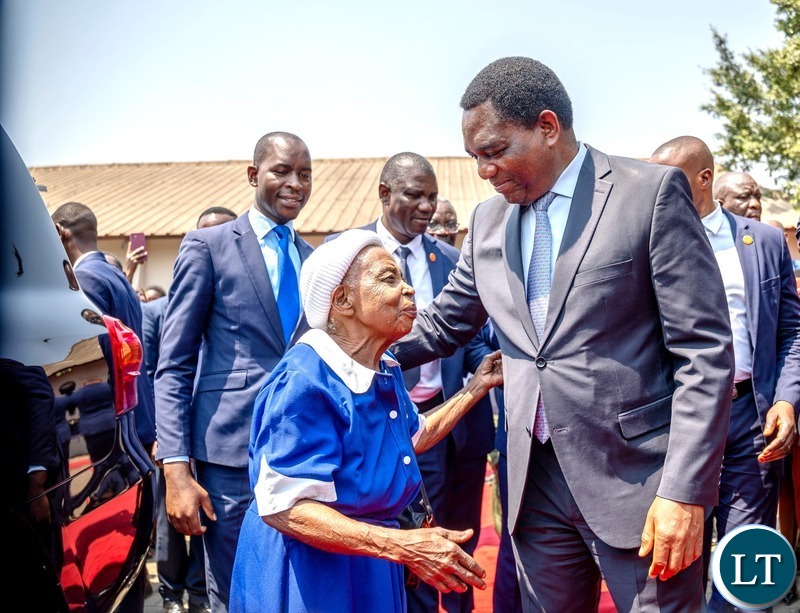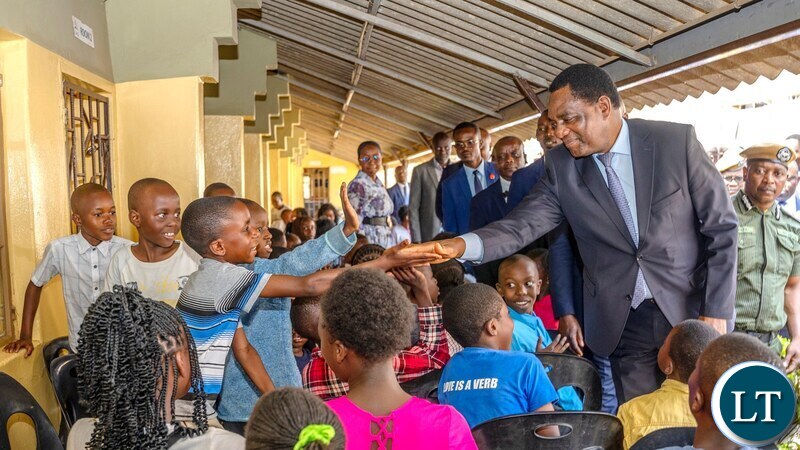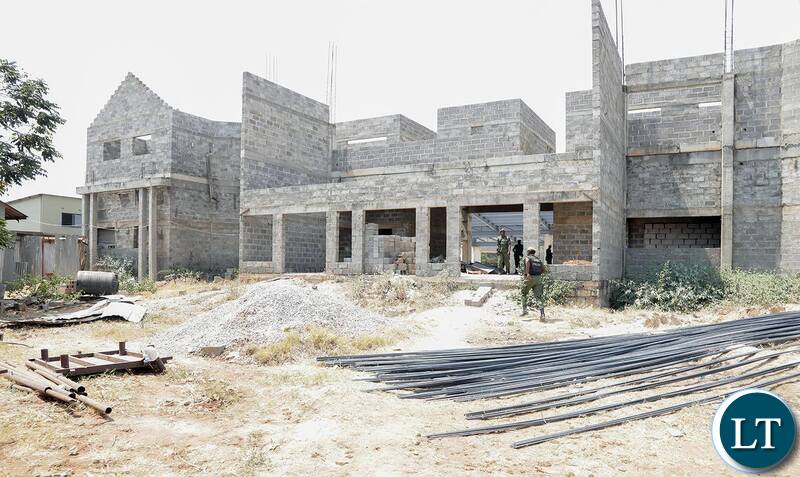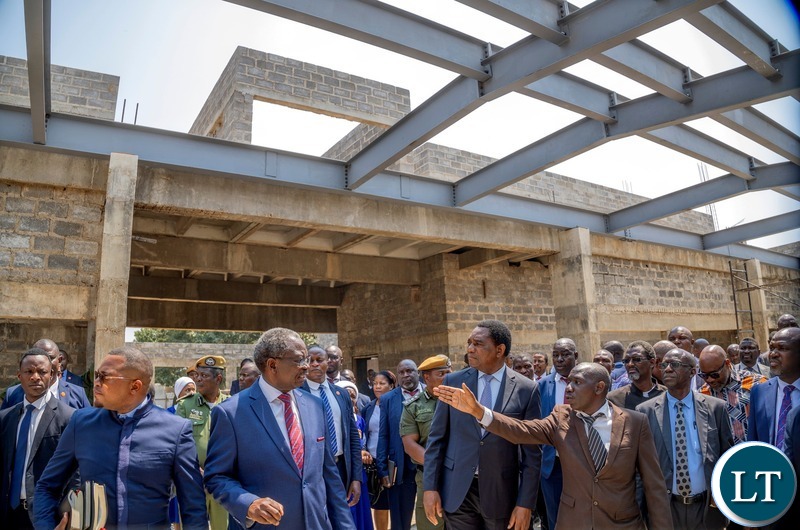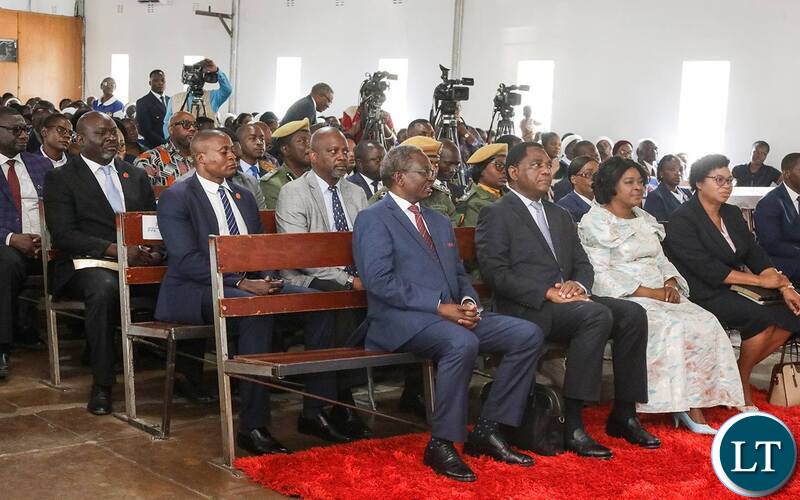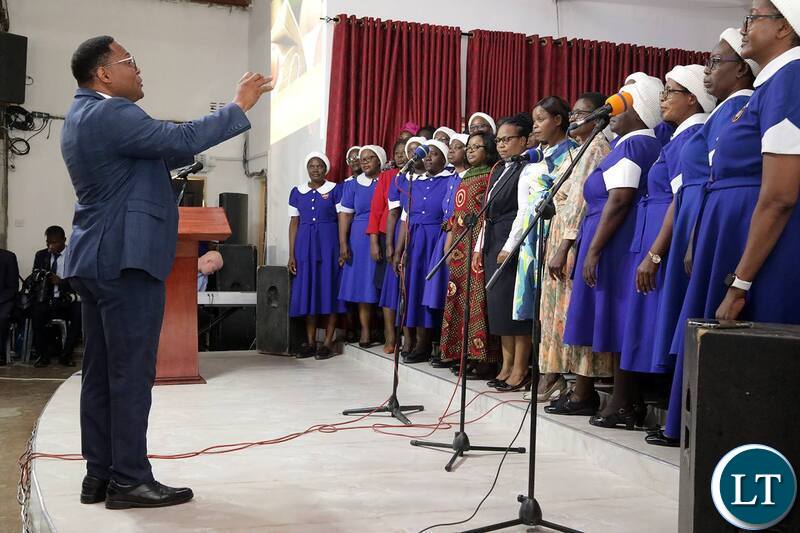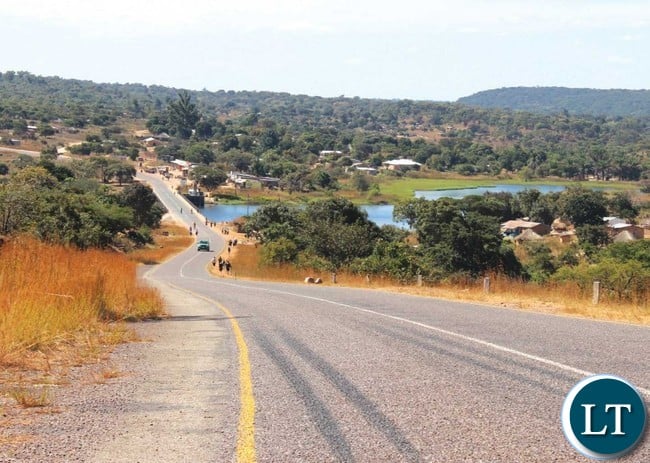Minister of Mines and Minerals Development, Paul Kabuswe, has called on big mining companies in the country to partner with licensed small-scale miners and engage them to source minerals on their behalf.
Mr Kabuswe said this would not only benefit both parties but would also ease the process of formalisation of artisanal and small-scale mining for the government.
He explained that through partnerships with established companies, small scale miners will have access to capital and resources such as equipment.
The minister was speaking during the Inaugural Artisanal and Small-Scale Mining Conference held in Lusaka under the theme “Unlocking AS Potential for Inclusive and Sustainable Development.”
Mr Kabuswe stated that the artisanal and small-scale mining sector has great potential to provide thousands of jobs, adding that the government therefore is focused on ensuring that this is actualised.
He also clarified that the government’s efforts to formalise the sector are not meant to stop small scale mining but rather protect those involved from exploitation, accidents as well as ensure economic benefits at both individual and national level are derived.
“We are not stopping you from mining. All we want is for you to mine safely, legally, formally and with security. We want to make sure that when you mine, you sell at the right price, ” Mr Kabuswe explained.
The Ministry of Mines and Minerals Development has, to date, issued a total of 1,488 licenses to artisanal and small-scale miners in the country.
And Ministry of Mines and Minerals Development Permanent Secretary, Hapenga Kabeta, said his ministry has put in place various interventions to formalise artisanal and small-scale mining, among them, facilitating the formation of cooperatives as well as issuance of licenses.
Dr Kabeta has however bemoaned the low productivity in the sector, attributing it to widespread informality.
“The subsector has the potential to contribute more than 10 percent of the mining GDP if properly harnessed. The taxation regime for artisanal and small-scale mining has been simplified but the contribution to tax revenue remains negligible,” he said.
Speaking at the same meeting, United Nations Development Programme (UNDP) Resident Representative, James Wakiaga, acknowledged the government’s efforts to empower artisanal and small-scale miners through the formalisation agenda.
Dr Wakiaga indicated that Zambia is leading the way on the African continent in developing the artisanal and small-scale mining sector.
Meanwhile, Association of Women in Mining president, Namakau Kaingu, said the association is aware of the benefits of formalising the sector, further pledging support to the process.
Ms Kaingu explained that the association has so far created over 50 cooperatives through outreach activities in rural communities.


